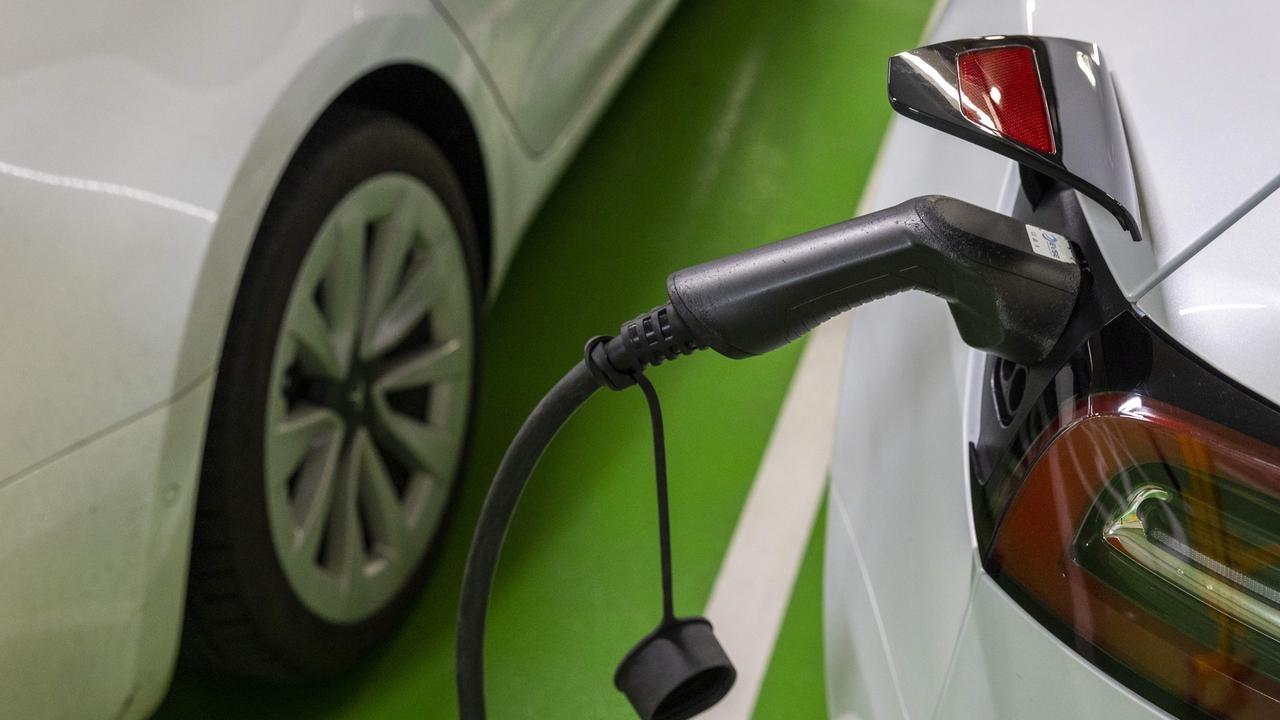A shift to electric vehicles would put the same strain on Australia's struggling electricity grid as it does on homes and apartments, experts have warned.
It comes as the House of Representatives continues its inquiry into the impact of the wholesale rollout of electric vehicles, or EVs, including infrastructure and costs to motorists.
Interim director Associate Professor Roger Dargaville's Race for 2030, which would power electric cars in just one million homes, could cost up to $10 billion in inverters.
Professor Dargaville, representing a renewable energy advocacy group, said that when asked about charging EVs at home, users had to purchase a device with a DV-to-AC converter.
“That piece of infrastructure costs about $10,000 right now, and if you try to have a million vehicles at some point in the future, that's $10 billion,” he said.
“It's very dangerous to predict the price… we all made a mistake with solar panels when we said they couldn't go down and they beat expectations.
“That comes with scale … I suspect it will come down to half or a third of the current cost, but even $3,000 a piece.” if you have millions, that's a lot of money.”
Professor Dargaville said there was currently only one brand of inverter on the market, but he could not confirm whether people with solar inverters would need another.
The “optimal situation,” he said, was for large-scale charging infrastructure “where they park during the day at office buildings, shopping malls, schools.”
Asked whether electric vehicles feed energy back into the grid, Professor Dargaville admitted it was a “very complicated question” and that more research was needed into the benefit.
He said research was also needed on the impact of electric cars on the whole grid, but warned they would require “the same amount of electricity as the residential sector currently”.
The inquiry seeks to determine the far-reaching impacts of the widespread use of electric vehicles, including batteries, and is chaired by South Australian Labor MP Antonio “Tony” Zappia.
